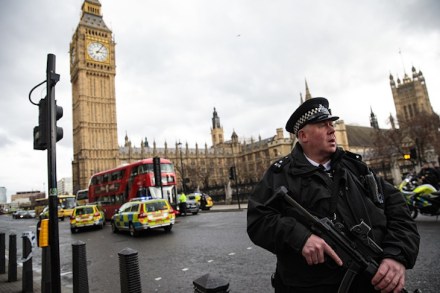The true cost of the Stepford Students
It has become abundantly clear in recent years that becoming a Social Justice Warrior (SJW) is bad for your health. But recent developments in north America suggest that it is also very bad for your bottom line. It is now three years since the University of Missouri underwent a prominent bout of SJW-itis. On that occasion various students at the university demanded that the college President should resign, acknowledge his ‘white male privilege’ and henceforth organise both faculty and staff along strictly racialist lines. Instead of telling these students who the grown-ups were, and where to go, the university authorities repeatedly bowed to radical student pressure. During the ensuing protests,



















